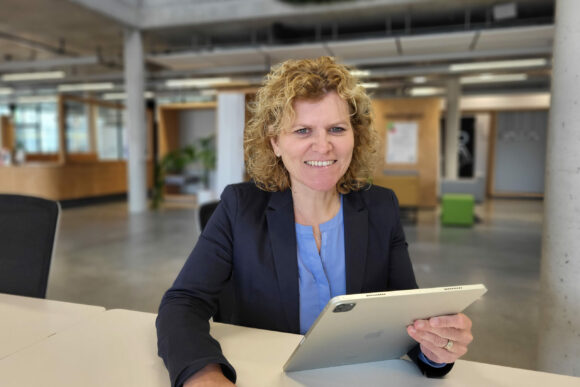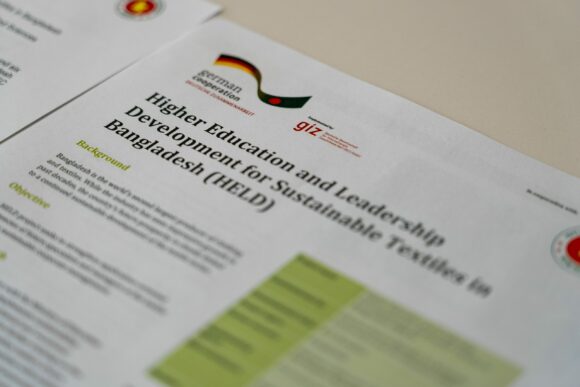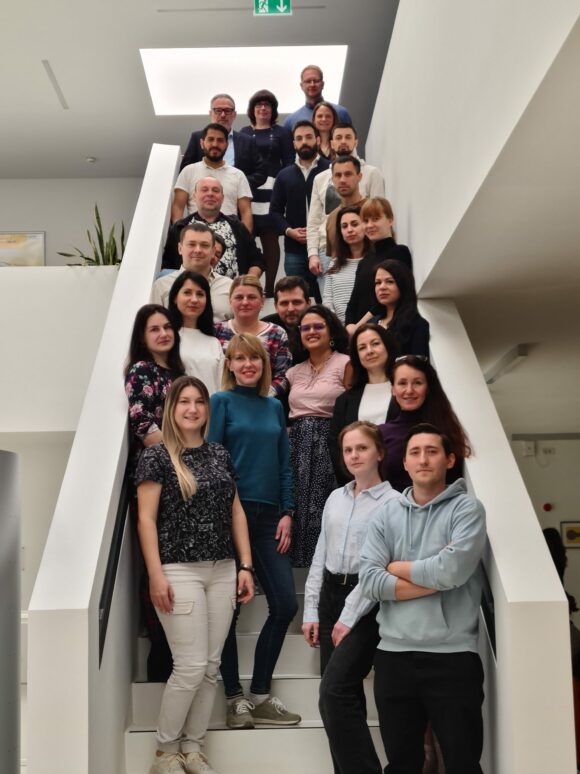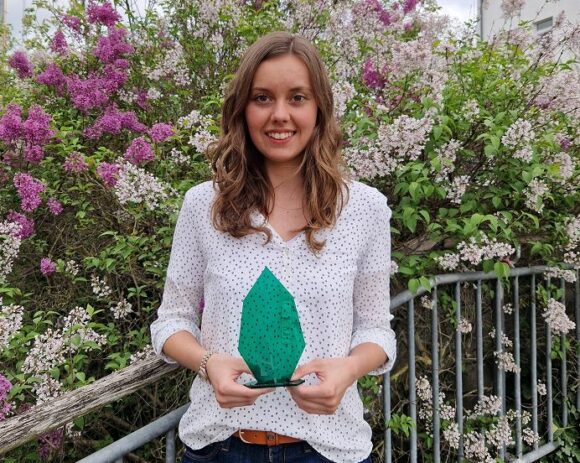Upper Franconia is to continue leading research in the field of autonomous driving. That’s why, in addition to the existing areas of operation in the city of Hof and the district of Kronach, driverless buses will also go into operation in the municipality of Bad Steben in the district of Hof starting in the summer
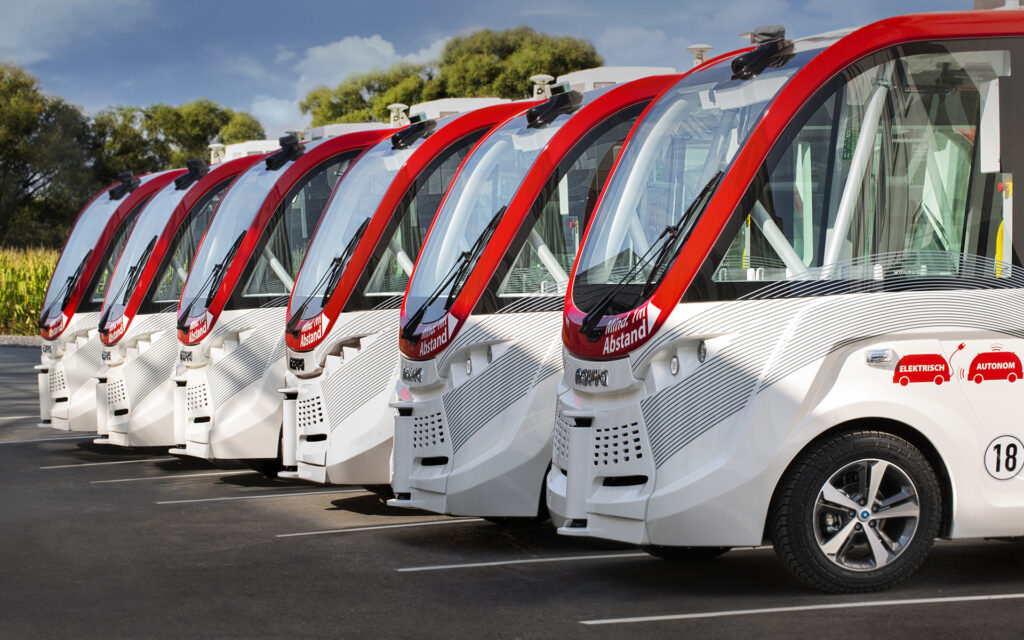
The German Federal Ministry of Digital Affairs and Transport (BMDV) is providing further funding for the Shuttle Model Region Upper Franconia (SMO) project to continue the research work started in early 2020 in a follow-up project until June 2024 and with more far-reaching objectives.
With the Shuttle Model Region Upper Franconia project, we as the district of Hof have made significant research contributions in the city of Rehau in recent years and have gained important insights into this form of mobility, which is still new to date. Now, as part of the continuation of the project in Bad Steben as well as at other locations, we want to define new goals and thus gain new insights.”
Dr. Oliver Bär, District Administrator of the district of Hof
Financial support will again come from the German Federal Ministry of Digital Affairs and Transport, which will subsidize the continuation of the research project with more than 11 million euros.
“This is a clear sign that the research and development work on autonomous driving, which has been successfully implemented here in Upper Franconia for years, is highly relevant and that the results of the SMO project can be exploited in many ways throughout Germany,” said a delighted Jörg Schrepfer, Head of Driving Assistance Research Germany, Valeo. Valeo is the consortium leader of the previous project, as well as in the new project, called “SMO-II”. Schrepfer also emphasizes “the good, trusting and successful cooperation in the project consortium, which can be seamlessly continued.”
Automation through artificial intelligence
After establishing shuttle operations in the model communities, the project consortium is now focusing on AI-supported full automation. In addition to the switch to on-demand operation by DB Regio Bus, an important focus is on investigating the extent to which shuttle operation can be carried out remotely monitored by the control center from downtown Hof without escort personnel. To this end, work must be done on automating all the steps involved in the journey – the concerns and wishes of the population will be even better integrated into the project through new participation formats.
Eva Döhla, Mayor of the city of Hof, where the highest number of passengers has been recorded so far, is pleased about the continuation of the project
The population of Hof has excellently accepted the shuttles and this research project, on the way forward we would like to intensively involve the population again.”
Eva Döhla, Mayor of the City of Hof
For Döhla, it is also important that the participating municipalities continue to lead the way in the field of future-oriented public transport in Germany – not least thanks to the Hof shuttle control center, which is unique in its form to date.
Consortium to be strengthened
The vehicle access and interior processes are essential for the complete automation that is now being sought. To this end, the SMO project has been able to bring further expertise into the consortium in the form of Brose Fahrzeugteile SE & Co KG. “With the companies Valeo and DB, we have strong partners at our side; at the same time, with the company REHAU and now also Brose, the great industrial competence of Upper Franconia is once again demonstrated. This project underscores the relevance of Upper Franconian industry in the future topic of autonomous driving and creates an attractive and future-oriented job market in the region,” explains Hofer District Administrator Dr. Oliver Bär.
Driverless buses soon also in Bad Steben
For research work on the topics of artificial intelligence and 5G, Coburg University of Applied Sciences will also enrich the project with several professorships, including the Lucas Cranach Campus newly established in Kronach
The close cooperation between our universities and industry gives many young people attractive prospects for the future here locally. But it also benefits our population, since the public transportation of the future is being developed and tested before all our eyes and together with us. This increases the attractiveness of the region.”
Klaus Löffler, District Administrator of Kronach County
In the new SMO-II project, there will also be a new operating location for two of the SMO shuttles in the market town of Bad Steben. Bad Steben replaces the previous model community of Rehau, whose research period will be completed at the end of June. “While the focus in Rehau was on the safety of passengers as well as other road users, communication with traffic lights and crossing a railroad crossing, we want to test further use cases for the self-driving buses in Bad Steben in the future. Our goal is to use self-driving shuttles to transport (rehab) guests, staff and materials in public road space on an as-needed basis in cooperation with local healthcare facilities. In Bad Steben, this means that several future issues relating to rural mobility can be addressed at the same time,” says District Administrator Bär.
Almost all partners remain on board in the new SMO project, so that the consortium now consists of four companies (Brose, REHAU, Valeo, DB Regio Bus), three local authorities (City of Hof, County of Hof, County of Kronach) and three universities (Hof University of Applied Sciences, Coburg University of Applied Sciences, Chemnitz University of Technology). After the vehicles have been transferred to Bad Steben, there will be an opportunity for the public to take an initial tour of the vehicles. Work on the follow-up project “Shuttle Model Region Upper Franconia II” will begin immediately. However, the new routes will not be put into operation until after the end of the first SMO project.




